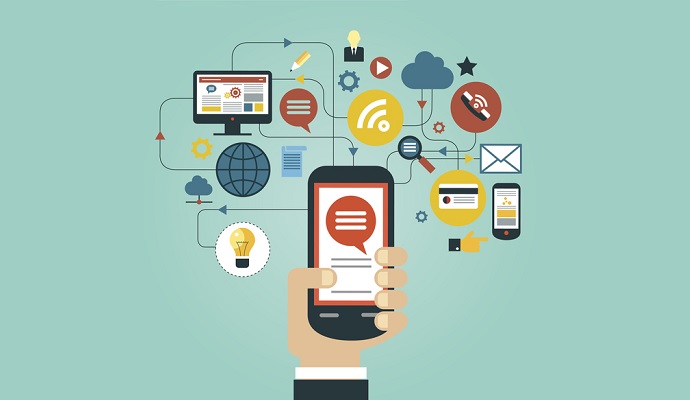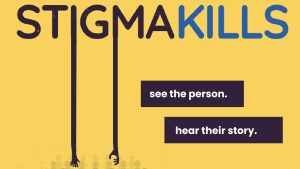
How beneficial are apps for mental health?
How beneficial are apps for mental health? By 2030, the need for mental health apps is expected to increase because of the COVID-19 epidemic, and the global industry is expected to reach $17.5 billion. Digitalized CBT, chatbot mood trackers, mental health coaches, and virtual treatment are all available on the market. Its value was approximately $6.2 billion in the previous year, and over the following six years, it is anticipated to rise at a rate of 15.2% annually. However, due to worries that there is a lack of regulation or global standards, users may be exposed to unlicensed practitioners and the large amounts of sensitive data they collect. As a result, scrutiny is increasing.
With the help of mental health apps, mental health care can become more affordable and accessible for people who have hectic schedules, live in rural areas, or find it difficult to attend in-person consultations. According to a study, artificial intelligence-powered mental health assessment interviews outperformed “gold standard” questionnaires often used in US healthcare systems in identifying signs of depression. This technology, according to researchers at the University of Texas at Austin, may be able to lessen the severe wait times and the shortage of mental health specialists in the country.
The majority of psychiatry specialists concur that there isn’t any concrete data to support the claims made for any of these novel self-help techniques. Nonetheless, there is mounting proof that they might jeopardize consumers’ privacy. Research conducted in December 2022 on 578 mental health applications revealed that 44% of users’ data was shared with outside parties. BetterHelp was fined $7.8 million (£6.1 million) by the US Federal Trade Commission last year for disclosing private information to unaffiliated third parties for marketing reasons.
Mozilla, an independent non-profit watchdog, issued “privacy not included” warning marks to 29 out of 32 mental health apps it tested for failing to protect user data. When it comes to privacy, Mozilla researchers characterized mental health apps as “worse than any other product category.” While some of this is “completely legal” in the US, the most concerning question is if certain apps could worsen the symptoms of the patients they are supposed to aid and cause more damage than good.
More news on U.S. Snowboard Cross Team Under Investigation.







